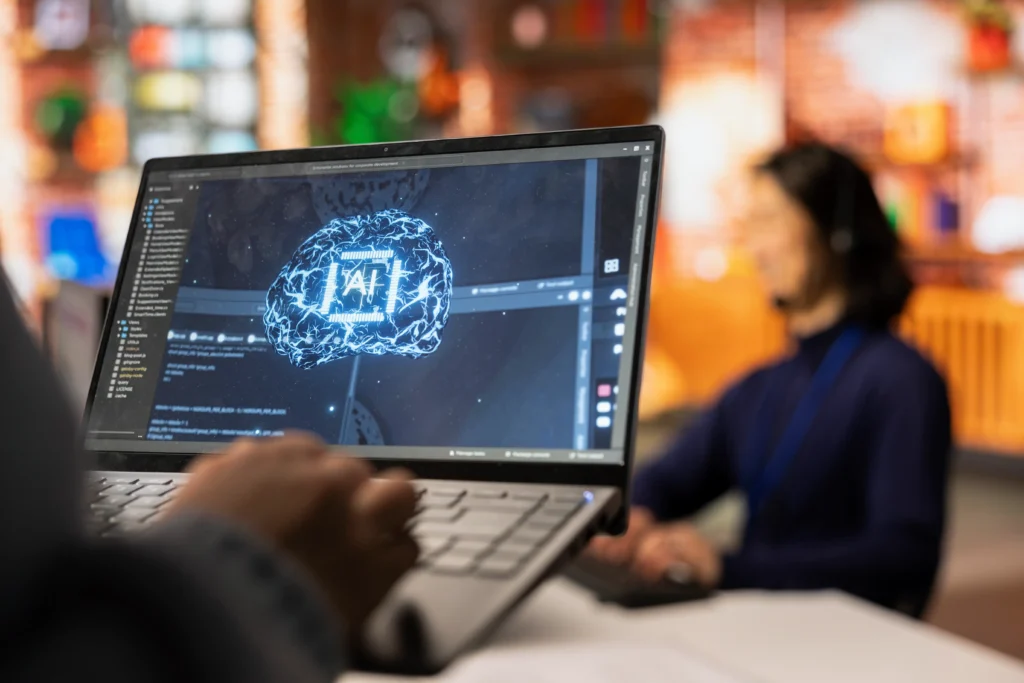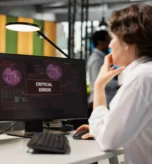The AI-Powered Product Mindset – Why Every Software Project Needs an AI Layer

In today’s fast-paced healthcare environment, timely patient assessment can mean the difference between early intervention and costly escalation. Traditional triage processes, often dependent on overworked human personnel, are vulnerable to delays, inconsistencies, and errors. This is where AI agents are stepping in and transforming the game.
What is AI-Powered Triage?
AI agents for triage are intelligent systems designed to:
- Assess a patient’s symptoms
- Prioritize urgency
- Recommend next steps (e.g., self-care, GP visit, emergency)
These agents use natural language processing (NLP), machine learning, and large medical datasets to simulate the reasoning of a trained clinician.
How It Works
Imagine a chatbot or voice assistant that:
- Asks structured questions about symptoms
- Interprets the responses using clinical data
- Cross-references conditions with risk profiles
- Outputs a triage recommendation or alerts staff
These systems can be embedded in:
- Hospital apps and kiosks
- Telemedicine platforms
- Emergency department workflows
Real-World Use Case
Babylon Health’s AI triage bot is a well-known example, interacting with users to understand symptoms and suggest actions. In places like the UK, this has helped reduce unnecessary emergency room visits and lightened GP workloads.
Hospitals using Microsoft’s Azure Health Bot also benefit from HIPAA-compliant AI triage that integrates directly with electronic health records (EHRs).
Benefits
- 24/7 Access: AI agents never sleep, ensuring constant triage support.
- Speed: Evaluate symptoms in seconds, improving early detection.
- Consistency: Eliminates human bias and variability in triage decisions.
- Scalability: Supports thousands of patients simultaneously.
Challenges
- Requires robust training on region-specific clinical guidelines
- May struggle with complex cases or non-verbal cues
- Must ensure patient data privacy and regulatory compliance
Future Outlook
As AI continues to mature, triage agents will become more context-aware, personalized, and integrated into home healthcare and wearable ecosystems. The dream? AI agents that prevent emergencies before they happen.


